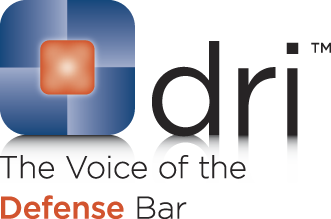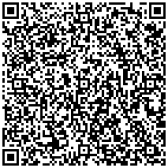
James Lewis was president of American Savings and Loan. One of the perks that Mr. Lewis enjoyed as president of the company was a company leased auto. Mr. Lewis allowed Mrs. Mary Ann Lewis to use the company car from time to time. One day while she was out on a drive, Mrs. Lewis caused an accident in which Virginia Cooke, the other driver, was injured.
Before Mrs. Cooke could file suit she died but her survivors filed suit in her behalf. The suit included a claim of vicarious liability against American Savings and Loan and a claim that American Savings had negligently entrusted the vehicle to Mrs. Lewis. The District Court granted summary judgment as to both claims.
In the case of Cooke v. Am. Sav. and Loan Ass’n, 97 Nev. 294, 630 P.2d 523 (1981), the Nevada Supreme Court considered the District Court’s action.
American Saving and Loan had authority to disqualify Mrs. Lewis from driving the company car but had not done so.
The Supreme Court confirmed that American Saving and Loan was not vicariously liable for Mrs. Lewis’s negligence. Mrs. Lewis was not an employee of the company. Therefore, she could not be in the course and scope of any company activity. American Savings and Loan was not vicariously liable for Mrs. Lewis’s actions.
The Court also upheld the District Court’s grant of summary judgment in favor of American Savings and Loan regarding the cause of action for negligent entrustment. The court said that even if the Plaintiffs could prove that Mrs. Lewis had prior driving infractions and could prove that the company knew about those infractions, that would not be enough to make out a case of negligent entrustment. The court said:
Even if American had actual knowledge of Mary Ann’s alleged driving infractions, and if all the allegations were accurate, they would, as a matter of law, be insufficient to envoke against American the theory of negligent entrustment of the vehicle to Mary Ann. Curley v. General Valet Service, Inc., 311 A.2d 231 (Md.App. 1973). See Fambro v. Sparks, 72 S.E.2d 473, 480 (Ga.App. 1954) (evidence that driver had had two accidents prior to being entrusted with the automobile could not authorize a conclusion that the driver was incompetent); Parrish v. Yeiser, 298 S.W.2d 556, 560 (Tenn.App. 1955) HN2[ ] (“The mere statement that a person has been involved in an automobile wreck is proof of neither negligence nor incompetence as a driver.”); c.f. Mayer v. Johnson, 148 S.W.2d 454, 457 (Tex.Civ.App. 1941) (one incident of violating traffic regulation insufficient to raise issue for jury).
The Court does not say what factual scenario gives rise to cause of action of negligent entrustment. But it is clear that one or two prior accidents or tickets standing alone would not be enough to let a negligent entrustment cause of action go forward.
If you need further information on vicarious liability or negligent entrustment, please don’t hesitate to contact Michael C. Mills of Bauman, Loewe, Witt & Maxwell at 702-240-6060 x 114 or contact him by email at mmills@blwmlawfirm.com.
 Follow
Follow Email
Email


